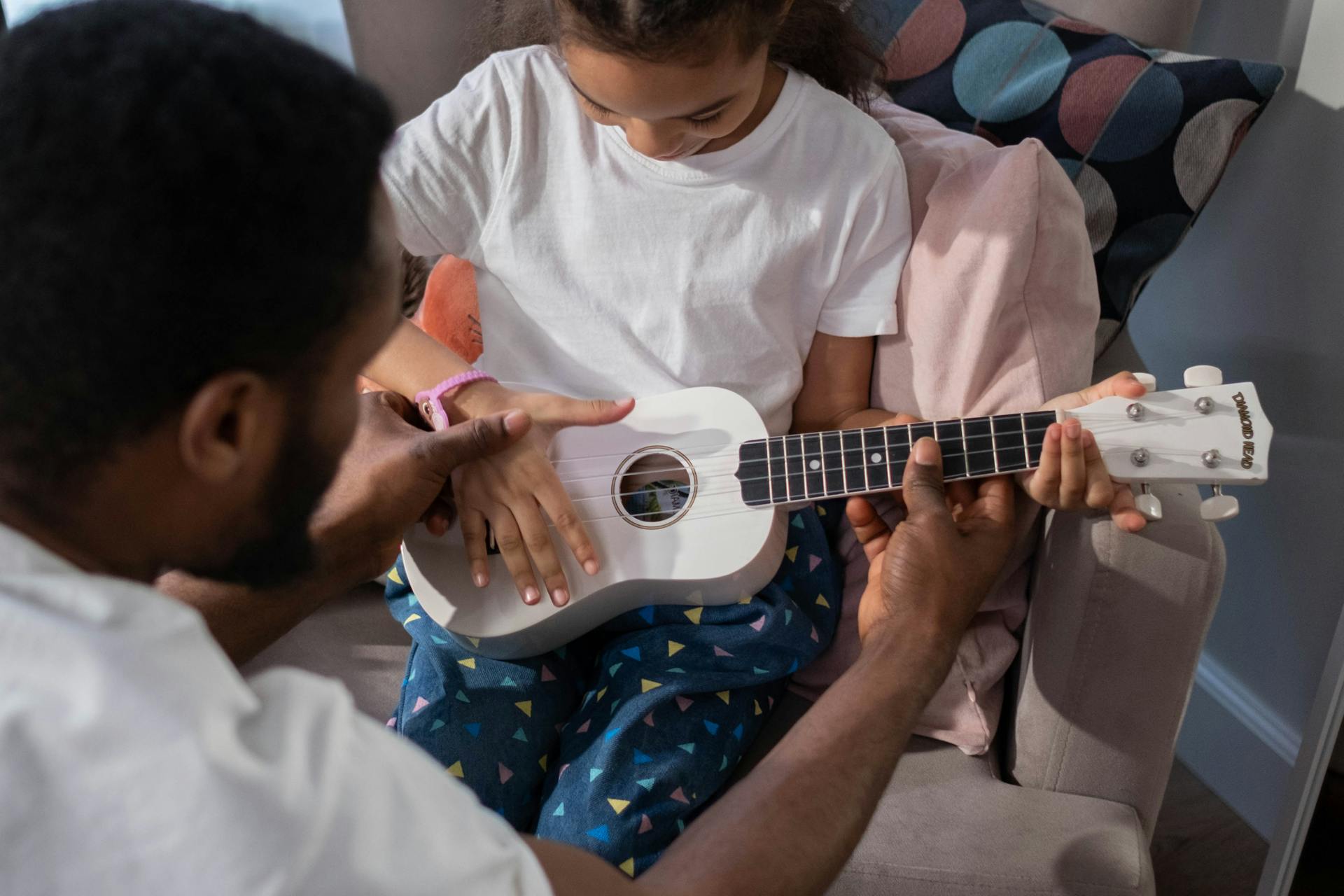For much of my life, I was a chronic people pleaser. I stretched myself endlessly to meet other people’s needs – always available, always saying yes, always putting myself last. I thought this was what it meant to be kind, to be good, to be “useful.”
But all that overstretching came at a cost: I sometimes carried deep resentment and bitterness toward the very people I was trying to help.
And the truth is, it wasn’t their fault – I had abandoned myself in the process.
What I’ve come to realize is this: the single most important responsibility we carry in life is not taking care of everyone else – it’s taking care of ourselves. Fully. Consistently. Compassionately.
This is what self-parenting is all about.
What Is Self-Parenting?
Self-parenting is the conscious decision to tend to your own emotional, mental, and spiritual wellbeing the way a loving parent would care for their child.
It’s not about being cold or cutting people off – it’s about finally showing up for yourself with the same attentiveness and protection you’ve given so freely to others.
It means recognizing your needs and taking them seriously. It means giving yourself the safety, guidance, encouragement, and boundaries you once looked for outside yourself.

Why It’s a Lifelong Responsibility
At some point, I had to accept a hard truth: no one else was coming to rescue me from the burnout, resentment, or emotional disconnection I was living in.
The only person who could truly understand what I needed – moment to moment – was me.
We evolve constantly. Our circumstances shift. Our emotional needs grow and change. Only we can remain fully tuned in to our own inner world.
And when we hand that responsibility off to others, we inevitably feel disappointed, unseen, or even abandoned.
Reclaiming that responsibility was the most empowering thing I’ve ever done.
The Cost of Delegating Your Wellbeing
When I lived in that people-pleasing mode, I often said yes when I meant no. I ignored my exhaustion. I swallowed my emotions to keep the peace.
And when people didn’t reciprocate or appreciate the sacrifices I made, I felt crushed – angry even.
But the truth was, I had abandoned myself long before they ever did.
I also carried enormous guilt whenever I couldn’t meet someone’s request. I believed that saying no made me selfish or unkind. That guilt used to consume me.
But I’ve learned to manage the guilt – to recognize it as a false alarm, not a signal of wrongdoing.
Now I know that saying no to others is often a way of saying yes to myself.
And that’s not selfish. That’s sacred.
Signs You Might Not Be Self-Parenting Well
- You say yes even when your body or spirit is screaming no.
- You feel responsible for other people’s feelings or outcomes.
- You often feel drained, overwhelmed, or emotionally distant from yourself.
- You feel guilty for prioritizing your needs – or even having needs at all.
These signs aren’t moral failings – they’re just signals.
Invitations to come back to yourself.
To stop outsourcing your care, and start reclaiming your responsibility.
How to Start Practicing Self-Parenting
Self-parenting begins with small, radical acts of honesty and compassion.
Here are a few ways I started, and still practice today:
- ✅ I check in with myself regularly.
- ✅ I set boundaries without apology.
- ✅ I allow rest and nourishment.
- ✅ I talk to myself like I would a child I adore.
- ✅ I manage guilt with truth.

The Book is out now!
Rewired for Purpose Book
🔥🔥Get the book.
🎁 Gift it to someone who’s ready to rise.
⚡ Let’s make this more than a read — let’s make it a revolution.
Click on the link below to have your book delivered right to your doorstep
https://nuriakenya.com/product/rewired-for-purpose-by-rhoda-kariuki/
The Transformation That Follows
Taking full responsibility for yourself doesn’t make you harder or colder – it makes you freer.
It opens up space for authentic relationships, where you give from overflow, not obligation.
It brings peace and clarity.
And it allows you to walk through life with an inner sense of alignment that no one can take from you.
In Closing
Self-parenting is not a one-time decision. It’s a daily commitment.
A choice to come back to yourself, over and over, with compassion and courage.
If you’ve spent your life being everything to everyone else, I see you. I was you.
But you don’t have to live like that anymore.
You were never meant to abandon yourself to be loved.
You were meant to be whole – and to love others from that place of wholeness.
“True peace doesn’t silence your truth. It sets you free.” – The Critical Role of Self Parenting
Let’s keep the conversation going ...
Have you ever caught yourself abandoning your needs to be “helpful”? What’s one way you’re learning to show up for yourself now?
Add your voice and thoughts by commenting on this post.
